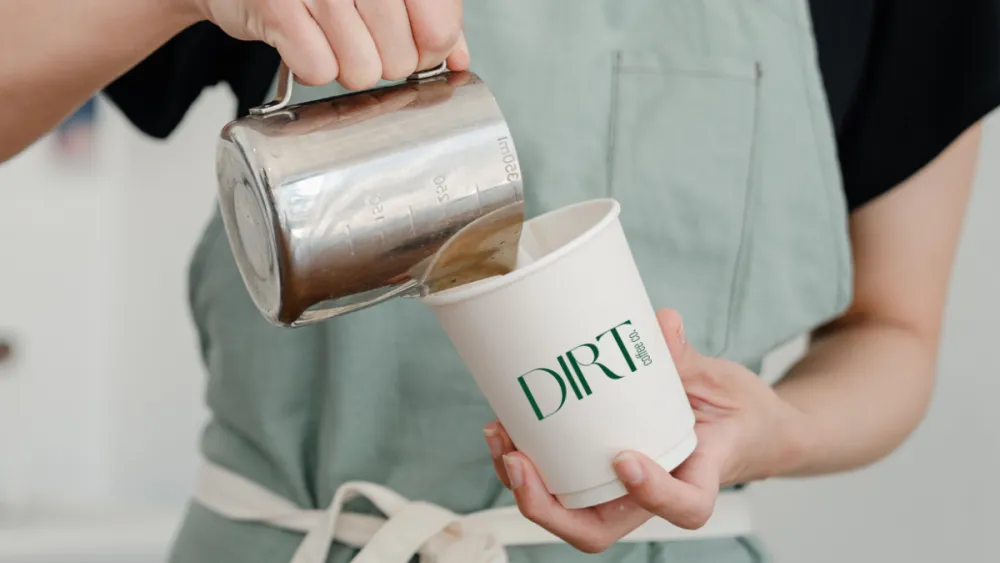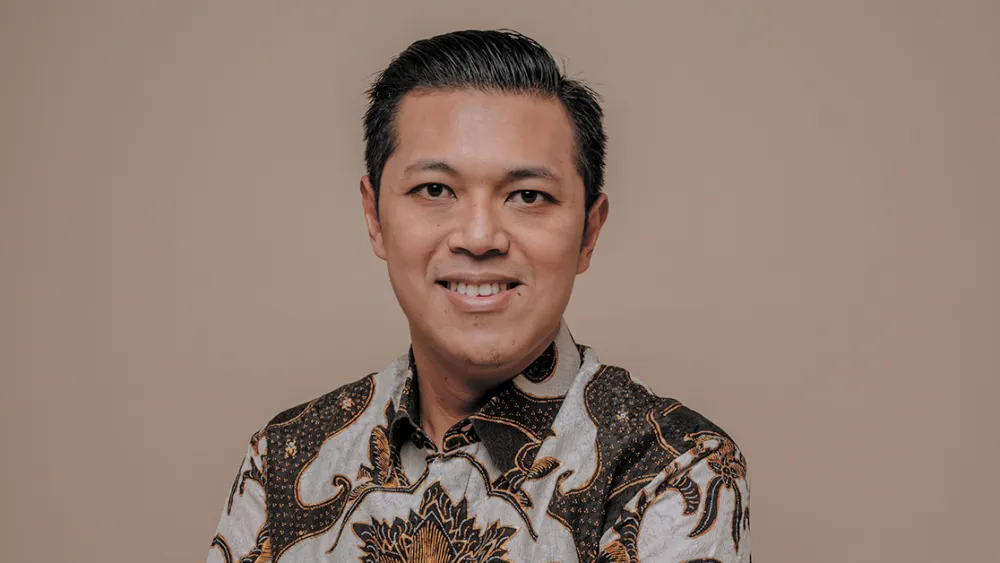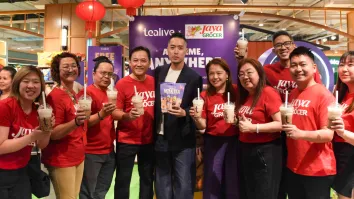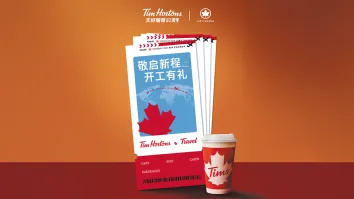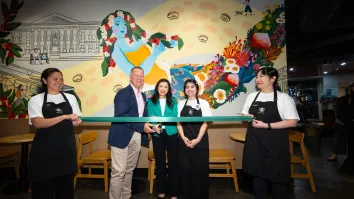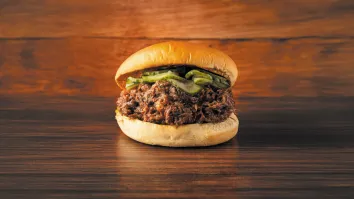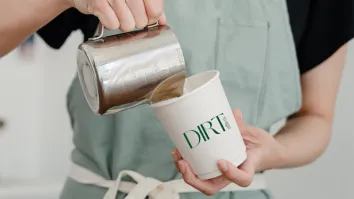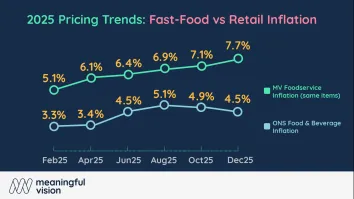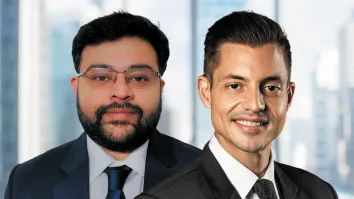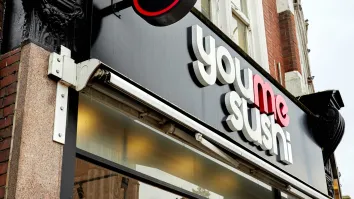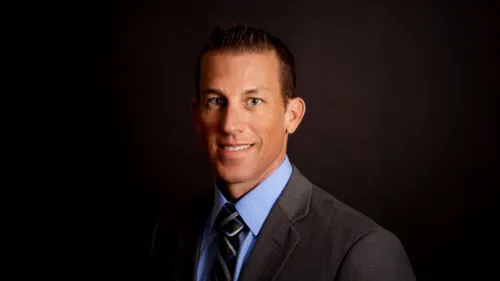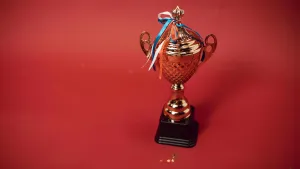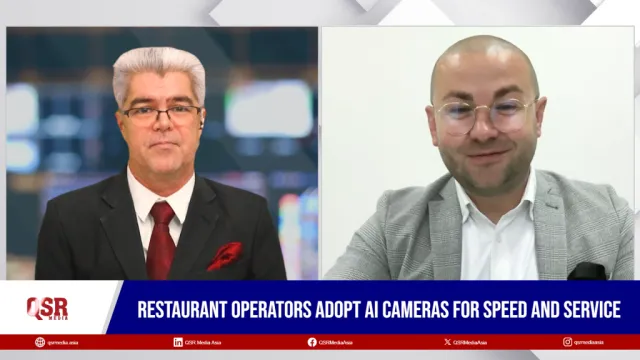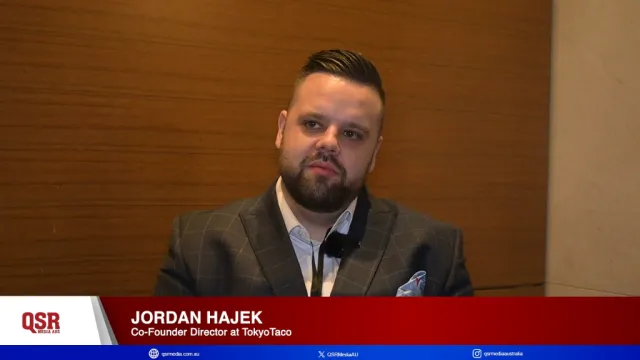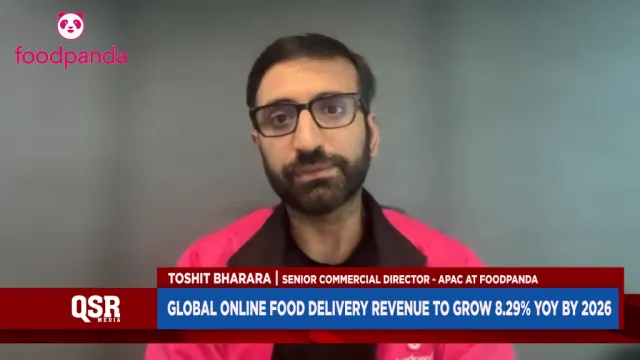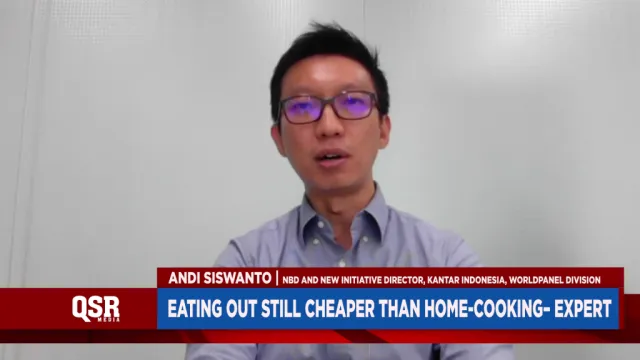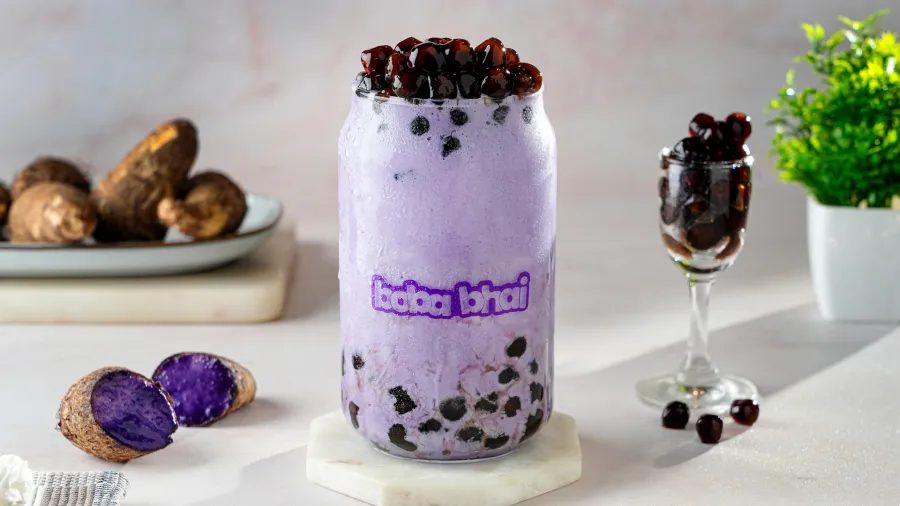
Boba Bhai eyes Indian bubble tea empire with K-pop twist
The fast-food chain is riding the Korean wave to sell cold pearl milk tea.
Bangalore-based Boba Bhai Pvt Ltd. seeks to build a bubble tea empire in India — a country where chai is typically hot tea with spices, milk, and sugar — with K-pop-inspired burgers and ice cream as a come-on.
At the heart of the fast-food chain’s success is its ability to reimagine Taiwanese pearl milk tea with an Indian flair, and pairing it with food inspired by the global phenomenon of Korean pop culture.
“In India, every time we drink something, we love to chew something,” Dhruv Kohli, founder of Boba Bhai, told QSR Media. “We need to have food. Even every time we drink tea, we have to have cookies with it.”
“If you go to India, you won’t see anyone drinking just Coke alone. Coke is always paired with food. So with that in mind, if people won’t drink Coke alone, they won’t drink bubble tea alone,” he added.
Kholi said he was inspired by New York-based Shake Shack, which paired burgers with milkshakes.
Aside from Korean-inspired burgers and ice cream for India’s 14 million K-pop fans, Boba Bhai also serves vegan and non-vegan burgers, chicken wings, fries, wedges, and dumplings called momos.
Riding the K-pop wave, the company also joined music festivals and other pop culture conventions, and used social media to target the younger audience of the world’s most populous nation.
Launched in 2023, Boba Bhai last month said it had raised $3.47m (Rp302m) in Series A funding from a group led by 8i Ventures, aiming to expand to other cities and capture the Gen Z and Millennial market.
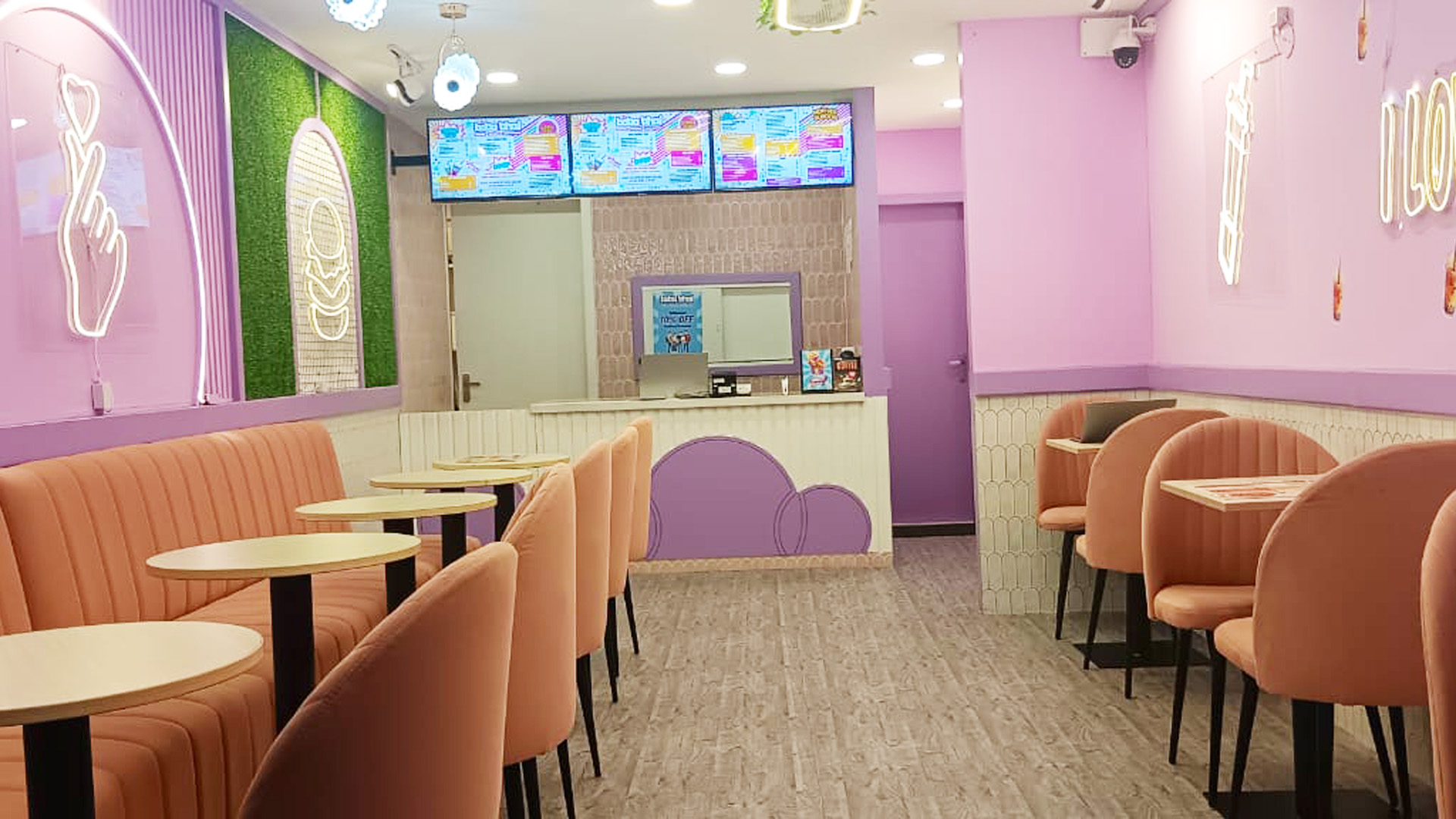
Kohli said their biggest challenge when they started less than two years ago was how unknown bubble tea was to locals.
“If you look at articles one-and-a-half years ago, there is no news about bubble tea,” he said in a Zoom interview. “Lots of people might have thought: ‘This guy is crazy for bringing this beverage category.’ But category-creation was always something that excites me.”
Having founded cloud kitchen operator Geezy during the early days of the industry, Kohli thinks he could replicate that success in the bubble tea market.
Kohli said consumers now demand convenience and quick service, but not at the expense of freshly made food.
He noted that to succeed, quick-service restaurant brands must invest in equipment to ensure fast cooking. “We have to build the technology to do that.”
“The other change I’ve seen in the last three months is delivery times. Before, 30 or 40 minutes delivery time was okay, but now customers want it faster. No one wants to wait for food that long,” he added.
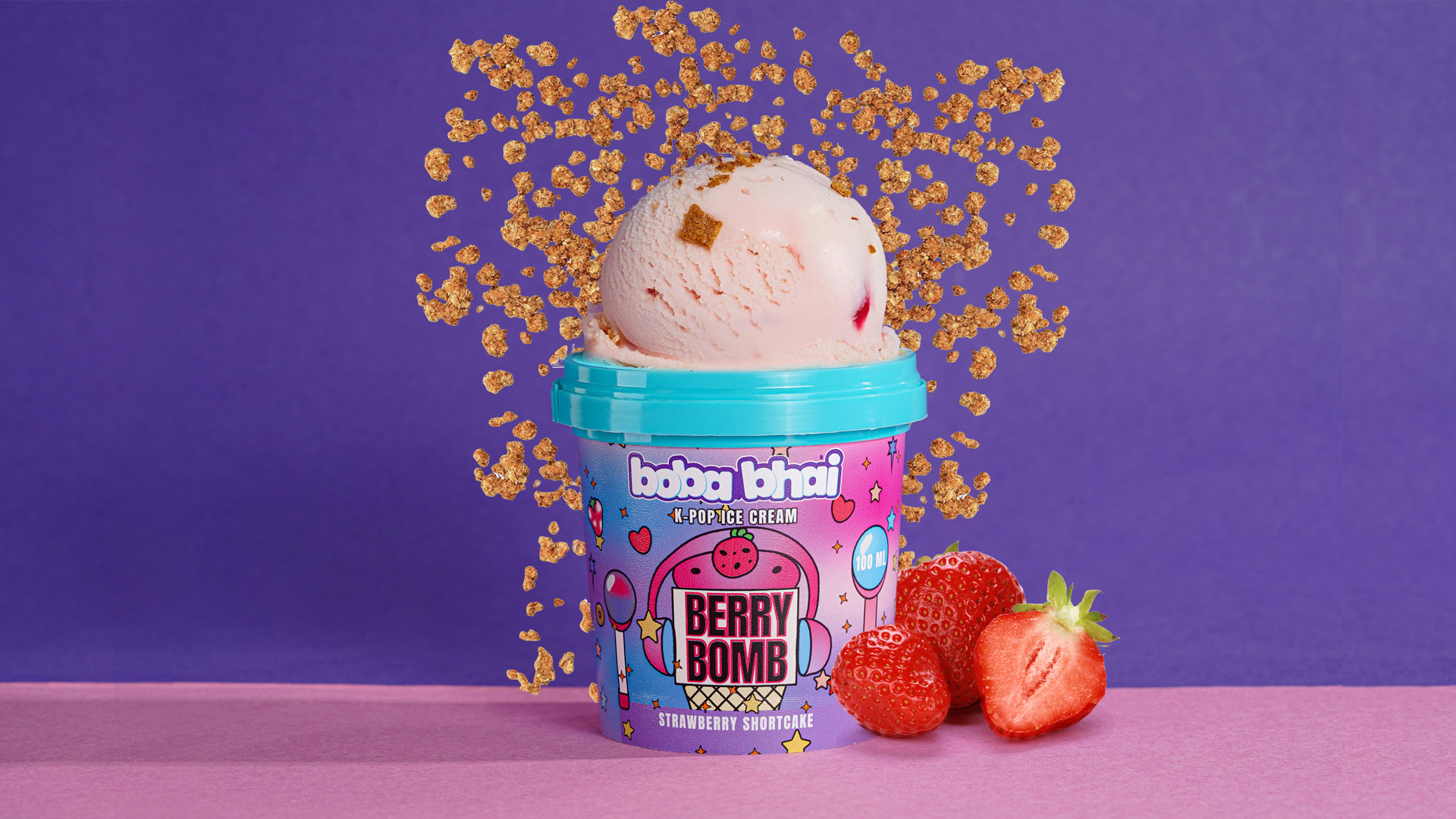
It takes Boba Bhai staff 10 minutes to prepare food and 20 more minutes to deliver it. “We aim to reduce time on in-store orders to five to six minutes and delivery to 15 to 20 minutes,” Kohli said.
The fast-food chain, which has 42 branches now, plans to reach 100 outlets by the end of this year and 500 in the next five years so food orders don’t have to travel more than five kilometres.
Kohli said they plan to invest in more kitchen technology in the next two years to make the process simpler and cut preparation time. They also want to expand their digital touchpoints.
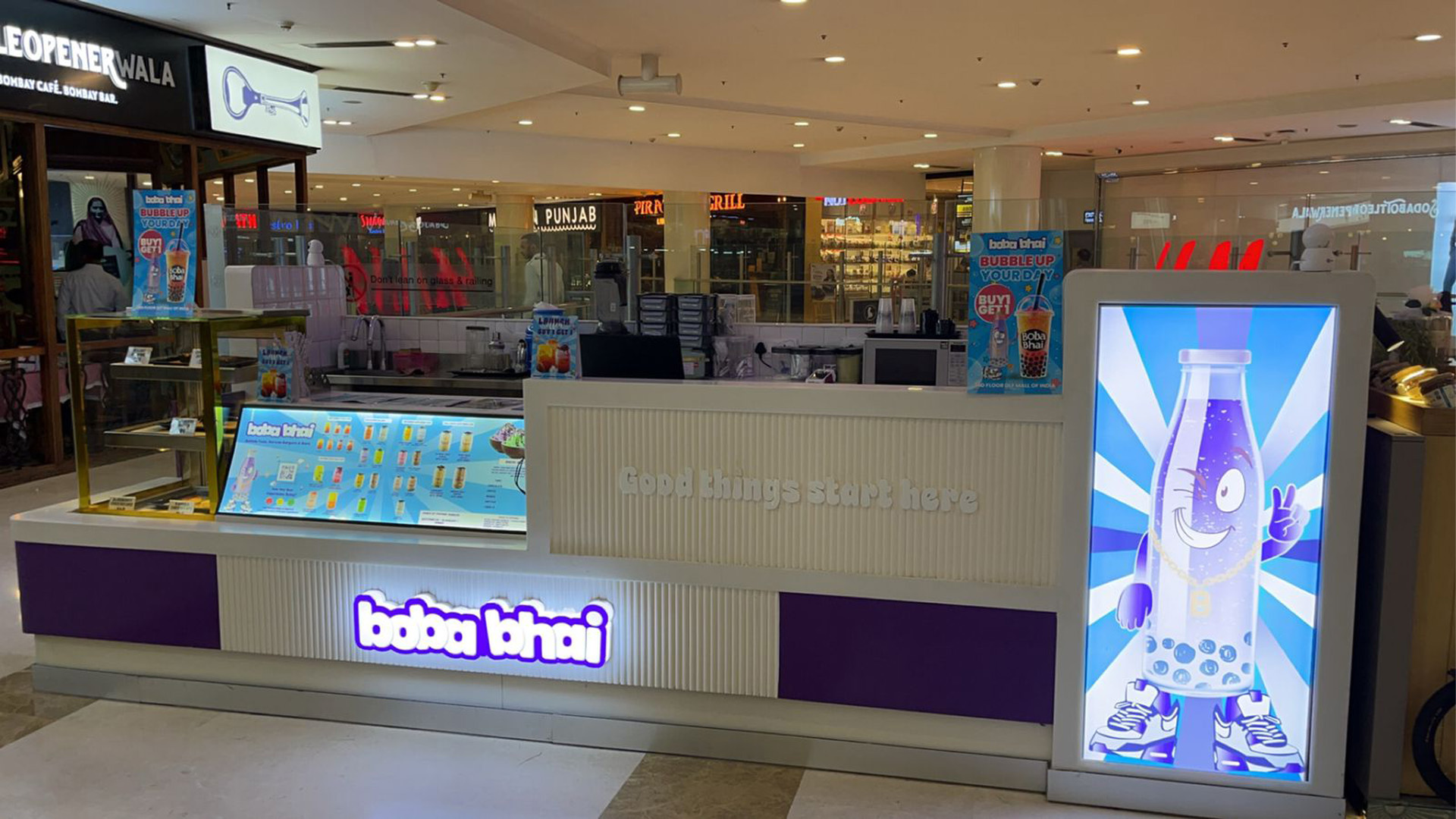
A brand entering India must have enough capital and be aware of the price competition, he said. “The price is a challenging game here. People are too much oriented towards discounts and they want more value, so you must have enough cash to build a brand.”
“Secondly, you have to build repeat customers to build a solid business. Lastly, consider the different regions and different customer tastes in those regions. Every single region, whether its north, south, east, or west, everyone has a different taste,” he added.
